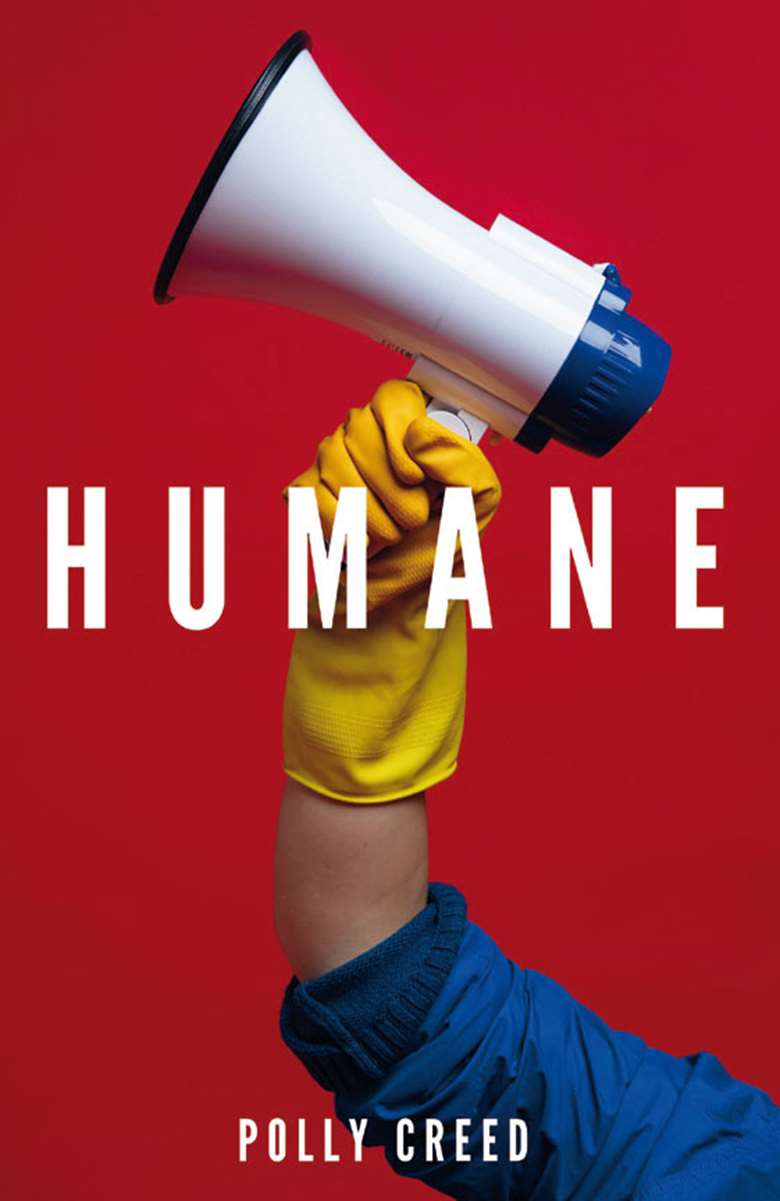Humane, by Polly Creed
Rhianna Elsden
Tuesday, December 1, 2020
Thought-provoking and based on real events, this play will engage students in its politics and ethics, published by Aurora Metro Books

The idea for the play Humane began when its writer Polly Creed was still at school. Her best friend – theatre designer Daisy Blower – told her about her grandmother's involvement in protests against live animal exports in the town of Brightlingsea, Essex in 1995, close to where the girls were growing up. The play is therefore based on real events, and real people, but resists describing itself as ‘verbatim’.
During research, Creed was struck by how the campaign brought together such a disparate group, most of whom had never protested anything before. Her interviews uncovered still-high emotions regarding the overly aggressive policing in breaking up the blockades formed to stop the lorries carrying the animals, and unexpected racism within protestors.
The voices of those interviewed are delivered in a predominantly two-hander with protagonists Alice – a mixed race teacher and mother in her late forties, and Linda – a young mother struggling with her husband being away. They meet by chance and form an unexpected friendship that then entwines with the start and progress of the campaign.
Creed outlines where live footage of the actual protests and news broadcasts should be brought in, and has reportage moments – it's suggested those playing Alice and Linda could double up, or get a bigger cast to play it out, either live or as pre-recorded material.
The result is an interesting piece reminding us to consider the inhumanity of live animal export trading that still takes place, and indeed perhaps our farming practices as a country. I think the weakness is that without the use of live footage, this theme could get lost among the play's focus on the developing friendship between Alice and Linda.
The racism that comes in at the end and fractures the friendship of Alice and Linda is surprising, as there is no warning of this as a theme until it suddenly appears. Some might feel that this aspect is under-developed, but upon reflection I found it well-judged. To me it showed how racist attitudes can lie beneath the surface, and then be excused as something else when they do appear, for example as a ‘misunderstanding’. It also makes us question how someone can be so ignorant and let such prejudices remain in themselves and their community, while appearing so moral in championing for other rights.

